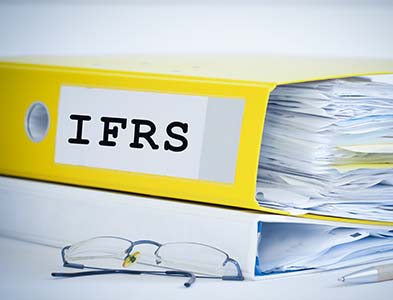Not Just for Banks: How CECL Applies to Private Companies
Not Just for Banks: How CECL Applies to Private Companies
The current expected credit loss (CECL) standard became effective on January 1, 2023, for most private companies. Companies with significant trade or accounts receivables, notes, loans, or other receivables, qualifying securities, and sales-type or direct-financing leases will need to adopt CECL.
For companies in need of additional help adopting CECL, third parties offer services that include validating loss rate models, developing new models, providing technical accounting support, and assisting with financial statement presentation and disclosures.
What is CECL, and who is required to adopt it?
CECL requires companies to estimate and recognize expected credit losses over the life of certain financial assets, such as accounts receivables, notes, loans, other receivables, qualifying securities, and sales-type or direct-financing leases. All companies with qualifying assets, including private non-financial services companies, are required to adopt CECL.
When is CECL effective, and what are the consequences of non-compliance?
CECL became effective on January 1, 2023, for most private companies (e.g., reporting periods beginning after December 15, 2022). Failure to comply with the standard could result in financial misstatements, restatements, and regulatory inquiries.
How can companies comply with the new standard?
Companies will need to make lifetime duration adjustments to their current reserve calculations as well as use macroeconomic forecasts that will impact those reserve calculations. This macroeconomic aspect is new and more complex, and auditors will be looking to see that the forecasts used match the company's economic outlook.
What actions need to be taken for CECL adoption?
Implementation actions include creating loss rate models, developing new models for new products in line with CECL requirements, creating technical accounting support including implementation/adoption memorandum, and updating financial statement presentation and disclosures.
CECL is a complex standard that could pose significant challenges for private non-financial services companies. However, third parties can offer valuable assistance in adopting CECL and ensuring compliance with the standard. The right partner will have experience and expertise that can help companies remediate weaknesses, improve productivity, and avoid the consequences of non-compliance.
Do you need help adopting CECL?








